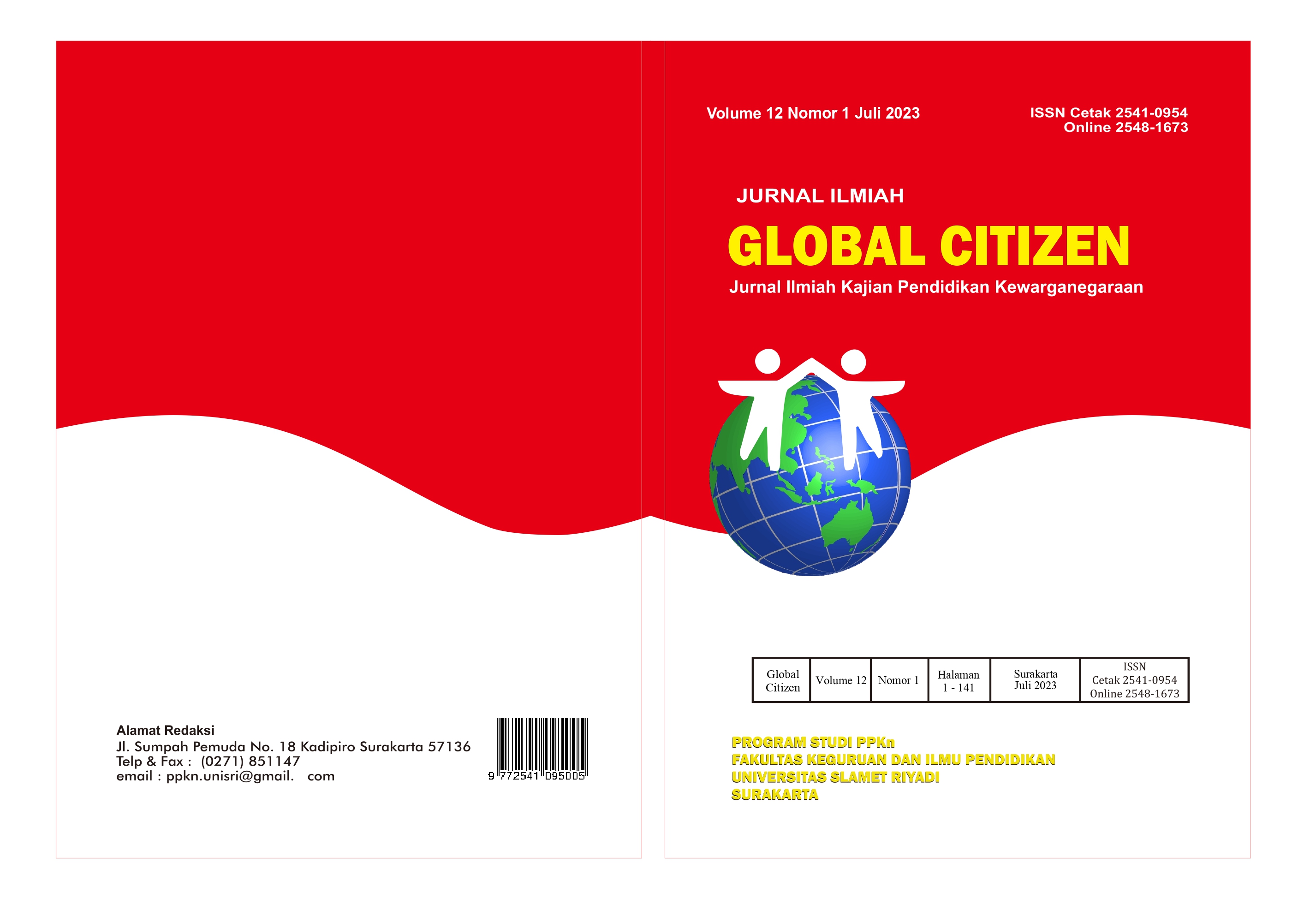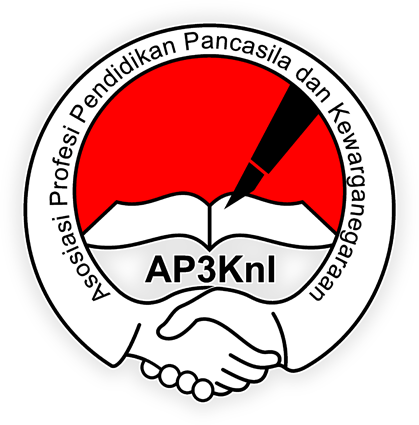Pembentukan Karakter Birokrat Indonesia Yang Berakhlak, Birokrat, Karakter, Modernisasi, Teknologi
DOI:
https://doi.org/10.33061/jgz.v12i1.7403Abstract
Â
Â
This study seeks to provide argumentative information regarding the reality of obstacles, challenges, strategies, and efforts in shaping the character of bureaucrats who have good morals, as well as to rationalize the importance of using technology, information, and communication in public services. This research was carried out through a qualitative approach with literature study methods, data analysis, namely, reduction, display, and verification or conclusion. The results of the research are: 1) dynamic and complex obstacles and challenges, leading to the reality of bureaucratic competence, mental distortion of serving , the Industrial Revolution 4.0, as well as legal certainty, 2) strategies and efforts in shaping the character of moral, capable bureaucrats through education and training, increasing technology literacy, supervision programs, and policies on welfare, 3) in the modern era, the bureaucracy needs to optimize technological progress , information and communication, to be effective and efficient, to be agile and professional. So that the formation of bureaucrats with character is an alternative solution in overcoming the stigma and stereotypes about the world of bureaucracy which is seen as rigid, conventional, procedural and pragmatic, so that it turns into world-class governance and public services.

Downloads
Published
How to Cite
Issue
Section
License
Copyright (c) 2023 Dianni Risda, Encep Syarif Nurdin, Yadi Ruyadi

This work is licensed under a Creative Commons Attribution-NonCommercial 4.0 International License.
Authors who publish this journal agree to the following terms:
- Authors retain copyright and grant the journal right of first publication with the work simultaneously licensed under a Creative Commons Attribution License that allows others to share the work with an acknowledgement of the work's authorship and initial publication in this journal.
- Authors can separately make additional contractual arrangements for non-exclusive distribution published by the journal (e.g., publish it in a book), with an acknowledgement of its initial publication in this journal.
- Authors are allowed and encouraged to send their work via online (e.g., in the institutional repositories or their website) after published by the journal.















